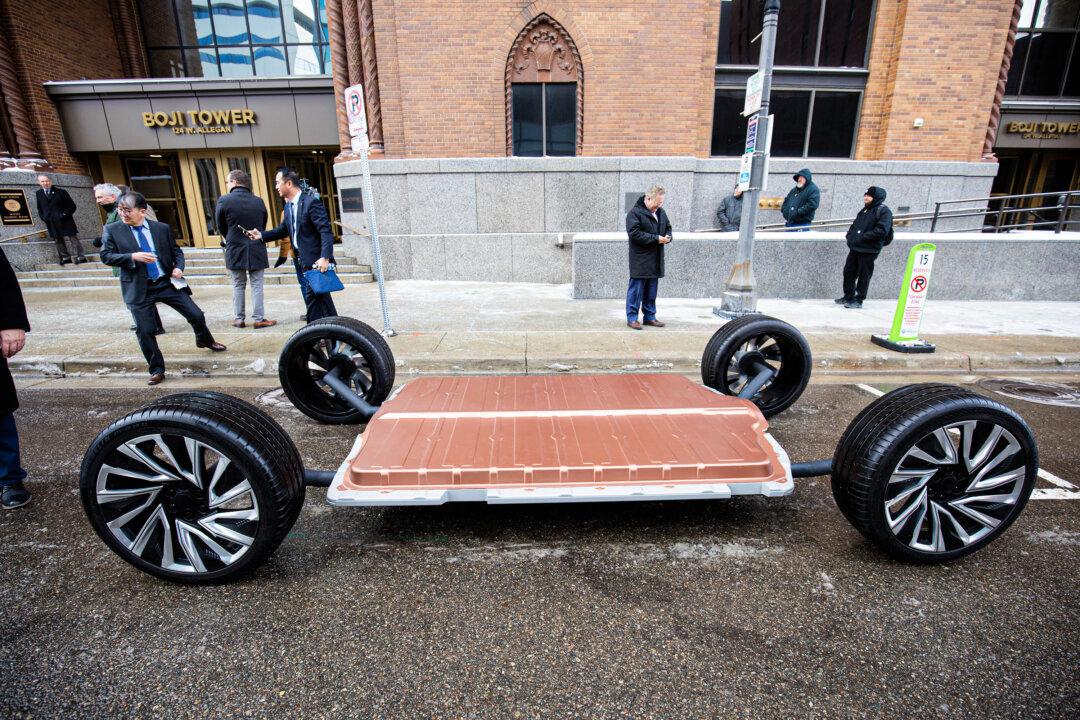Proposals to build lithium-ion battery manufacturing factories and battery energy storage system (BESS) plants are being debated before local planning boards across the country, with most being enthusiastically endorsed by state and federal officials, including, in at least one instance, President Joe Biden himself.
But although the factories and plants are key components in meeting Biden’s green energy goal of a 100 percent decarbonized electrical grid by 2035, the proposals face mounting opposition in some areas from prospective neighbors concerned about the “environmentally dirty process” required to build lithium batteries and to store energy, which critics say emits toxic chemicals that degrade ambient air quality, causes fires, and presents a high risk of explosion.





